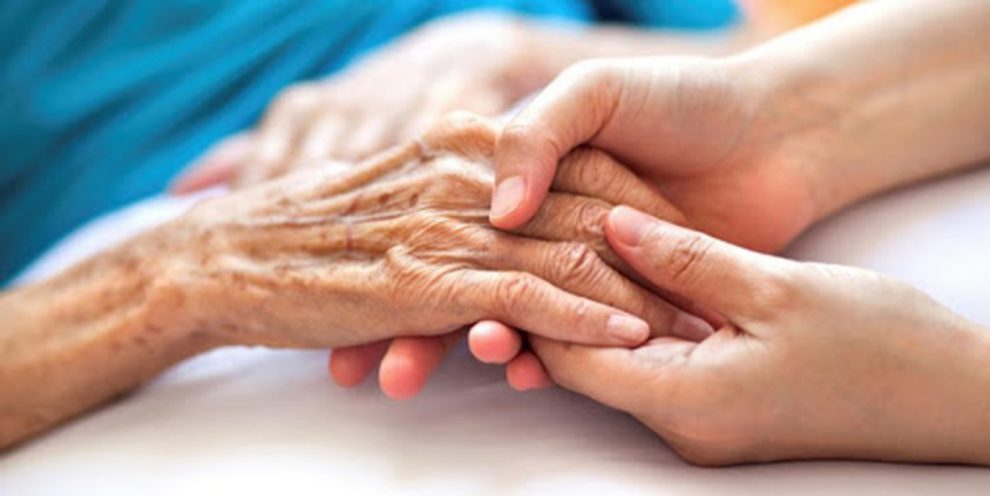THE MAXIMUM charge people receiving care at home must pay could increase by £20 in the coming year.
At present those who receive help at home, known as domiciliary care, pay no more than £100 a week, with the assistance means-tested, meaning some pay less or their care is free of charge.
But councils and care providers have been lobbying the Welsh Government to allow an increase in the maximum charge, and councillors in Monmouthshire have been told it is expected it will agree to that.
That could help Monmouthshire County Council towards its aim of raising an additional £400,000 from fees and charges related to social care, though they are subject to individual financial assessments.
However the chairman of a council scrutiny committee has said there is still too little clarity the impact of other cuts, amounting to millions of pounds, will have on service users.
Though the Labour-led cabinet is planning a 5.8 per cent increase for social care and health in its upcoming budget which, works out at an extra £3.7 million, the department must still find £4.6m in cuts and savings.
Conservative Alistair Neill, who chairs the performance and overview scrutiny committee, said: “Cuts to children’s services and adult social care have real impacts on vulnerable people and there is nothing at all about the impact of those cuts for the lives of these people.
“It would be good to see where and what impact they are having on real lives.”
Other cuts planned in adult social care include a staffing review to save £1.5 million – which will see vacancies, many of which have been left unfilled for significant periods, consolidated and using social care assessors rather than social workers in some circumstances.
The council will also continue applying “consistent” standards when assessing new, and reviewing existing, care packages and other support measures which is expected to save £1.1 million.
A review of high-cost placements in children’s services is also intended to deliver £1.3 million in savings.
Cllr Ian Chandler, the Green Party councillor who is the cabinet member for health and care, said some of the changes – such as the tightening of assessments – is continuing work introduced last year.
On the increased home care charges Cllr Chandler said the cap means nobody in Wales currently pays more than £100 a week, and said there is no limit on charges in England.
The Llantilio Crossenny councillor said: “We are confident the Welsh Government is going to increase that to £120 a week which will give us a saving.
“There is less confidence about when that change will happen. We don’t think it will be at the start of the financial year so are not anticipating a full year’s saving this year but it will deliver a saving and in future years.”
Cllr Neill, who represents Gobion Fawr, also asked how the council could state it is meeting all its statutory requirements, as Cllr Chandler had told a previous committee meeting, when figures from September show there were on average 853 hours of unmet care in the county.
Jane Rodgers, the council’s head of social services, said the 853 hours meant people’s care needs isn’t always met in a “timely way” and, in response to Cllr Neill, confirmed no individual with an assessed need is left without care.
Rising prices, pay awards and new demands on the council, as well as it having to make up £2.7 million it used from reserves as a one-off this year, mean it would have to fine £21.9 million to meet all its costs.
It’s main funding award, from the Welsh Government, is only rising by 2.3 per cent which only provides a further £2.7 million while the proposed council tax rise of 7.5 per cent, described as just under £10 a month for a band D property, will generate an additional £5.4 million.
The council is having to make cuts and savings of £8.4 million. Of the £198 million it will spend in the upcoming financial year on services, £67.8 million, or 34 per cent of the total, will go on social care and health and a further £64 million on children and young people, including schools, meaning the two areas together account for 66 per cent of the council’s budget.

















